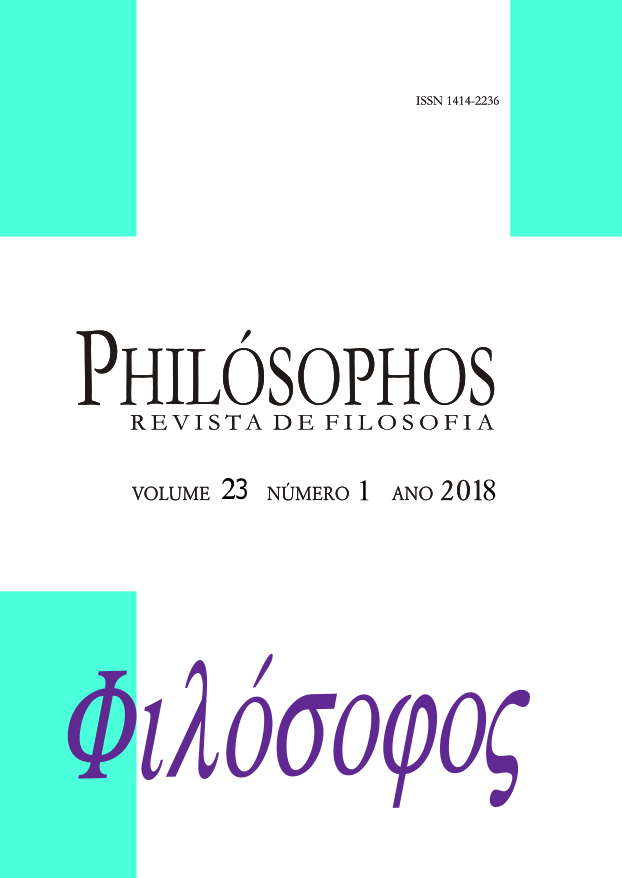Human rights, political action and oceanic subjectivities
DOI:
https://doi.org/10.5216/phi.v23i1.50095Keywords:
connectivity, territory, quilombo, body, political action, struggle for rights.Abstract
The purpose of this article is to reflect on how local struggles and their movements around the discourse of human rights can be elevated to the condition of political action. It is the attempt to broaden the concept of politics in view of the power of transformation contained in the collectives of subjectivities bearing common experiences of violence and suffering. Using the concept of quilombo in Beatriz Nascimento, we will seek to justify the extension of the idea of politics from two configurations: the territorial dispute and the connectivity between specific knowledges from the struggles. To do so, we will compare the thinking of Nascimento with the contemporary philosophy of Michel Foucault, Gilles Deleuze and Félix Guattari. The hypothesis is that the concept of political action would require a widening in its formulation to encompass the multiple forms of daily resistance.
Downloads
Downloads
Published
How to Cite
Issue
Section
License
Authors who publish in this journal agree to the following terms:
- Authors retain copyright and grant the journal right of first publication, with the work simultaneously licensed under a Creative Commons Attribution License that allows others to share the work with an acknowledgement of the work's authorship and initial publication in this journal.
- Authors are authorized to enter into separate, additional contractual arrangements for the non-exclusive distribution of the journal's published version of the work (e.g., publishing in an institutional repository or as a book chapter), with an acknowledgement of its authorship and initial publication in this journal.















